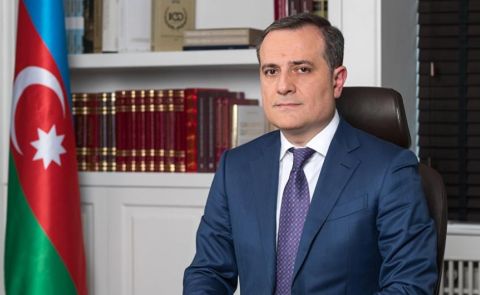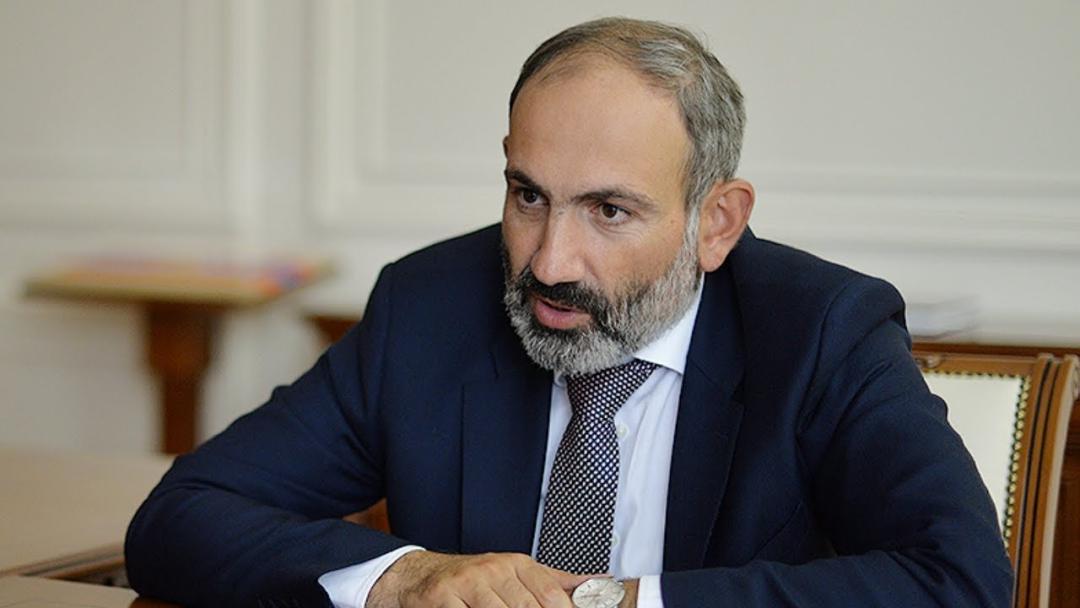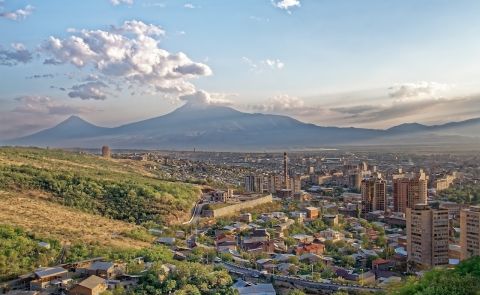
Pashinyan on Covid-19, gas supply and civil aviation issues

On 6 April, Armenian Prime Minister Nikol Pashinyan answered Armenian citizens’ questions and touched upon a wide variety of topics concerning the country.
Speaking on his government's measures to combat the spread of Covid-19 in Armenia, Pashinyan said that the government has not made any devastating mistakes in adopting its measures. “As far as the coronavirus is concerned, sometimes I think the government did the wrong thing by not cancelling the flights from Italy sooner, but then I think the people who came to Armenia and became the reason for the rapid spread of the coronavirus were still going to come because they could fly from Vienna or Athens and could cross the border by taking medicine that would lower their body temperature. When I think about this, I realize that this couldn’t have an impact on the situation at all,” he said.
The current tally of infected persons in Armenia stands at 853, with 8 reported deaths.
Speaking on the issue of gas supplies to the country, Pashinyan said that Armenia is facing an issue of effective consumption of gas. He said that he talked about the issue with Russian President Vladimir Putin and voiced hope that Putin would be a part of the process to allow Armenian authorities to be able to make decisions regarding the petition submitted by Gazprom Armenia (Caucasus Watch reported). Pashinyan also said that he told Putin that it will be right for Armenia to pay for gas in rubles.
Pashinyan also admitted that Armenia faces issues in the civil aviation sector with Armenian airlines having been deprived of the right to implement flights to Europe. “The violations came forth as a result of monitoring [by] specialists from European Agency of Aviation Safety,” he said, adding that for many years planes with Armenian registration were involved in illegal activities in African countries such as selling weapons. Pashinyan stated that those planes were connected with corrupted circles in Armenia. “It was hidden for many years by the aviation officials as well. It was hidden with corruption purposes from [Chief of Armenia’s Civil Aviation Committee] Tatevik Revazyan and the government,” he added.
He also spoke of his government's economic development strategy, saying that even before the crisis there was an approach considering that Armenia should not supply raw materials. According to him, there are several projects in Armenia, including the development of metallurgy, adding that the manufacturing sector became one of the leading economic sectors in the country. He noted that the development of metallurgy in the country could spark environmental debates. “I see two important poles. Of course, we have said that Armenia should meet the highest environmental standards, but the ecology should not become an absolute value. We must find the right balance between civilization and ecology,” he said. Pashinyan did not answer the questions in regard to the nationalization of mines in the country.
Pashinyan also vaguely spoke of a new weapon that is going to be produced in Armenia. “I was shown a sample of a product of Armenia’s military industrial complex, the existence of which serves as evidence of the fact that the military industrial complex in Armenia is at a new level. The major feature of that product is not only the fact that it is state-of-the-art, but also the fact that it was compiled in Armenia. The existence of this product goes to show that Armenia has professionals who can create a military product from scratch. We agreed to make efforts to make sure the product is presented in the international market. Just three days ago, I saw something that was even a little hard to believe,” he said.
Speaking on the reforms in the judiciary, Pashinyan reaffirmed his standpoint that a referendum on the changes in the Constitutional Court needs to be upheld.
See Also


Nordic-Baltic Delegation Meets Armenian Leaders to Discuss Regional Cooperation and Peace

Azerbaijan Strengthens Energy Partnerships with Multiple Countries

BP Strengthens Presence in Azerbaijan’s Offshore Energy Sector

Netanyahu’s Letter to Aliyev: Mutual Trust, Solidarity Following Hamas Attacks, Facilitating Dialogue Between Israel and Türkiye

